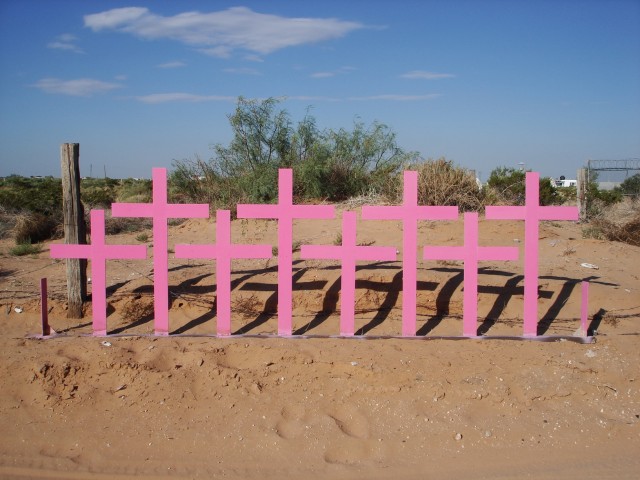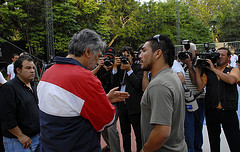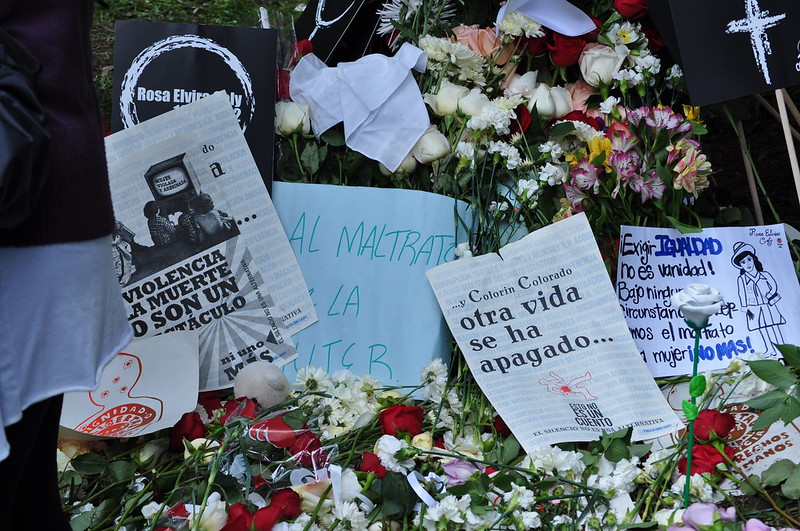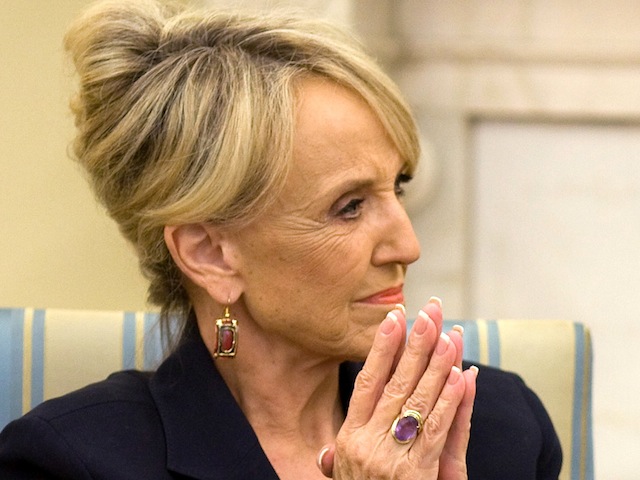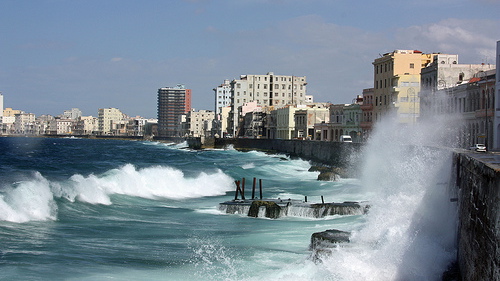
Cuba, Latin America: Week in Review, United States
Obama Administration Plans To Ease Travel Restrictions To Cuba
August 18, 2010 By Staff
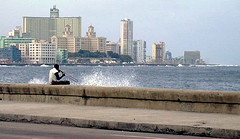
Havana, Cuba.
Today in Latin America
Top Story — The Obama administration is considering easing some travel restrictions to Cuba, in a move that officials say they hope will help advance democratic reform under the Castro regime.
The move would allow American students, educators and researchers to visit Cuba, but would keep intact the 50-year-old trade embargo.
“Right now they [in the White House and the State Department] are just fine-tuning what they are going to be putting out,” said Sarah Stephens, executive director of the Center for Democracy in the Americas, according to the Christian Science Monitor.
The new developments would allow for Americans to go to Cuba on academic, cultural or religious exchanges, which is similar to the easing of restrictions during the Clinton administration in the mid-1990s.
“These are not revolutionary. They’re not going to cause political blowback. Because we did all this stuff before” under Clinton, said one congressional staff member, who spoke on the condition of anonymity to The Washington Post.
However, some Cuban-American lawmakers strongly oppose the loosening of restrictions and the improving of U.S. ties with Cuba, which have been in a diplomatic rut since the the 1959 revolution.
Relations have improved since Raúl Castro took over power from his brother Fidel in 2008, culminating in this year’s July release of 52 political prisoners.
Just Published at the Latin America News Dispatch
- Programs allowing local police to enforce immigration law are ineffective and misuse authority, according to a new report published by advocacy group National Council of La Raza. Alison Bowen has the story at her blog, Beyond Borders.
- Documents declassified by the National Security Archive in Washington indicate that the Nixon administration advocated the use of death threats in order to save Dan Mitrione, a U.S. official who was kidnapped and executed by leftist guerrillas.
Headlines from the Western Hemisphere
North America
- Mexico City’s leftist mayor Marcelo Ebrard said Tuesday that he will take legal action is a Catholic cardinal doesn’t apologize for suggesting he bribed the Supreme Court to uphold a city law allowing adoptions by same-sex couples.
- Arizona legislators are setting aside Gov. Jan Brewer’s suggestion that lawmakers consider changing parts of the state’s controversial immigration law.
Caribbean
- Amnesty International called on Cuban authorities Tuesday to stop disrupting weekly marches by the mother of a political prisoner who died following a lengthy hunger strike.
- Hip hop artist Wyclef Jean said he was in hiding Tuesday after receiving death threats as he and more than 30 other potential candidates for Haiti’s presidency waited to find out if they would be allowed to run in the November election.
Central America
- Several people in California have fallen ill from salmonella, and some episodes have been traced to frozen tropical fruit pulp from COCO S.A. of Guatemala, distributed by Goya Goods Inc., the Los Angeles County Department of Public Health said.
- Juan de Dios Castillo is Honduras’ new national team coach, replacing Reinaldo Rueda, who guided the Central Americans at the recent World Cup.
- On Tuesday, Russia and Nicaragua signed an agreement in which Russia will donate 250 buses to the Central American nation.
- Mexico automobile insurer Qualitas Compañía de Seguros SAB (Q.MX) said Tuesday it will invest $4 million to open an insurance company in Costa Rica.
- In an effort to reduce congestion and revamp its transport system, Panama has ordered 1,000 fuel-efficient Volvo buses.
Andes
- Investigators continue to seek clues to explain why a jet carrying 131 people crashed in the Colombian resort island of San Andrés while landing in a thunderstorm. The worst injured survivor, an 11-year-old girl with a brain hemorrhage, was in critical condition on Tuesday.
- A court ordered Venezuela’s newspapers on Tuesday to stop publishing photographs depicting blood, guns and other violent images and warned an opposition-aligned daily that it could face a hefty fine for publishing a photo of bodies in a morgue.
- The Venezuelan government said late Monday it would seek the extradition of Nelson Mezerhane, a banker who owns a stake in a media company critical of President Hugo Chávez.
- OPEC member Ecuador will renegotiate dozens of foreign oil contracts with the aim of bringing in 85-90 percent of the revenue for itself, officials said Tuesday.
Southern Cone
- Iran announced that it will not send an Iranian woman sentenced to death by stoning to Brazil, where she was offered asylum by Brazilian President Lula da Silva.
- The Americas Social Forum in Asunción, Paraguay closed Sunday with evidence of a growing rift between Latin American leftist social movements and the countries’ progressive governments.
- The Argentine government ordered oil companies to cut fuel prices on Tuesday to combat the 30 percent price increase in petrol and diesel so far this year.
- Comedians in Brazil are planning to protest an “anti-joking” law that takes effect in the three months leading up to October’s national elections and prohibits the satire of political candidates.
- The Uruguayan Football Association said it would raise the salaries of referees who were on strike to protest their wages.
Image: Brainless Angel @ Flickr.
